Table of Contents
In this blog We will discuss about the Best Protein sources for Vegetarians.
Protein is an essential nutrient that plays a crucial role in building muscles, repairing tissues, and supporting overall health. For vegetarians, finding the best protein sources for vegetarians can sometimes be challenging, but it’s absolutely possible to meet your daily protein needs without consuming meat. In this comprehensive guide, we’ll explore the best protein sources for vegetarians, along with tips on how to incorporate them into your diet, meal plans, and answers to common questions.
Why Protein is Important for Vegetarians
Protein is made up of amino acids, which are the building blocks of life. While non-vegetarians can easily get protein from meat, fish, and eggs, vegetarians need to rely on plant-based sources. The good news is that there are plenty of high-protein vegetarian foods that can help you meet your daily requirements. Whether you’re looking for the best protein sources for vegetarians or simply want to diversify your diet, this guide has got you covered.
Protein is especially important for:
- Muscle growth and repair
- Boosting metabolism
- Supporting immune function
- Maintaining healthy skin, hair, and nails
Top Protein Sources for Vegetarians
Here’s a detailed list of the best protein sources for vegetarians:
1. Lentils (Dal)

- Protein Content: 18g per cup (cooked)
- Lentils are a staple in Indian cuisine and one of the best protein sources for vegetarians. They are also rich in fiber, iron, and folate.
- How to Use: Make dal, soups, or lentil-based curries.
- Recipe Idea: Try Masoor Dal or Dal Makhani for a protein-packed meal.
2. Chickpeas (Chana)
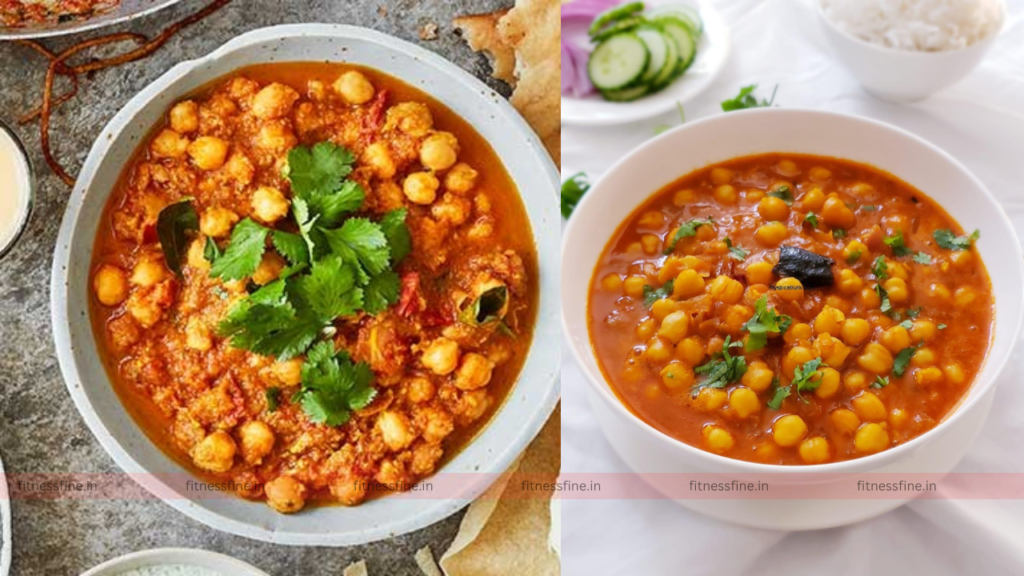
- Protein Content: 15g per cup (cooked)
- Chickpeas are versatile and can be used in dishes like chana masala, hummus, or salads. They are a great addition to the list of best protein sources for vegetarians.
- How to Use: Roast them for a crunchy snack or add them to curries.
- Recipe Idea: Chana Masala or Chickpea Salad.
3. Quinoa
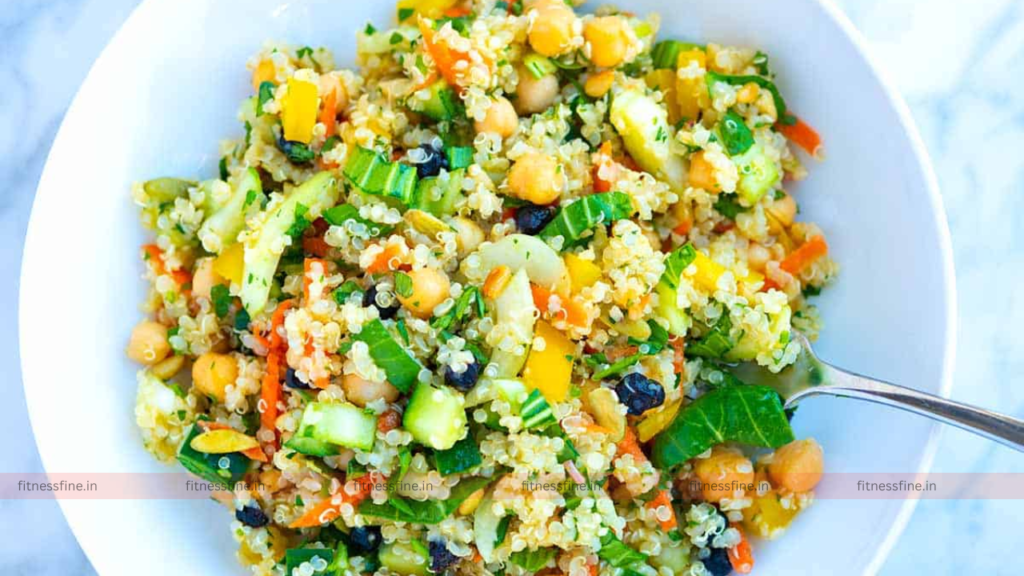
- Protein Content: 8g per cup (cooked)
- Quinoa is a complete protein, meaning it contains all nine essential amino acids. It’s one of the best protein sources for vegetarians who want a nutrient-packed grain.
- How to Use: Use it as a rice substitute or in salads.
- Recipe Idea: Quinoa Salad with roasted vegetables.
4. Paneer (Cottage Cheese)

- Protein Content: 14g per 100g
- Paneer is a popular vegetarian protein source in India and is rich in calcium as well. It’s a delicious and easy-to-use option among the best protein sources for vegetarians.
- How to Use: Add it to curries, grill it, or use it in sandwiches.
- Recipe Idea: Palak Paneer or Paneer Tikka.
5. Soybeans and Tofu

- Protein Content: 18g per cup (soybeans), 10g per 100g (tofu)
- Soybeans and tofu are excellent plant-based protein sources and are often considered the best protein sources for vegetarians due to their versatility.
- How to Use: Make stir-fries, tofu scrambles, or soy milk.
- Recipe Idea: Tofu Stir-Fry or Soybean Curry.
6. Nuts and Seeds
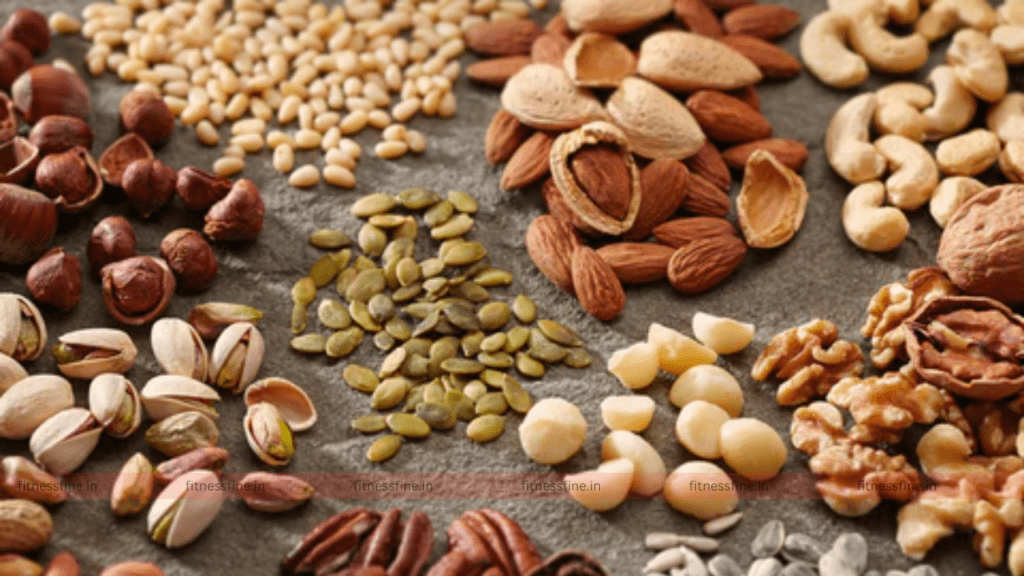
- Protein Content: Almonds (6g per ounce), Chia Seeds (4g per tablespoon)
- Nuts and seeds are not only high in protein but also provide healthy fats. They are a convenient and tasty option among the best protein sources for vegetarians.
- How to Use: Add them to smoothies, oatmeal, or eat them as snacks.
- Recipe Idea: Chia Seed Pudding or Almond Butter Smoothie.
7. Greek Yogurt
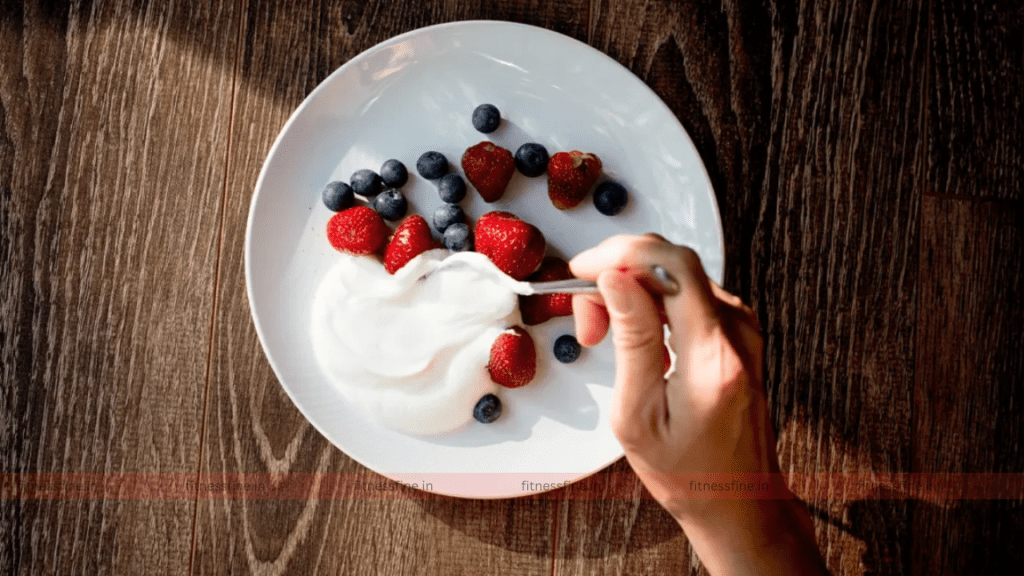
- Protein Content: 10g per 100g
- Greek yogurt is a great source of protein and probiotics for gut health. It’s one of the best protein sources for vegetarians who enjoy dairy products.
- How to Use: Eat it with fruits or use it as a base for dips.
- Recipe Idea: Greek Yogurt Parfait with berries and honey.
8. Milk and Dairy Products

- Protein Content: 8g per cup (milk)
- Milk, cheese, and yogurt are excellent sources of protein for vegetarians. They are a classic choice when it comes to the best protein sources for vegetarians.
- How to Use: Drink milk, add cheese to sandwiches, or enjoy yogurt as a snack.
- Recipe Idea: Cheese Sandwich or Milk-based Smoothies.
9. Whole Grains
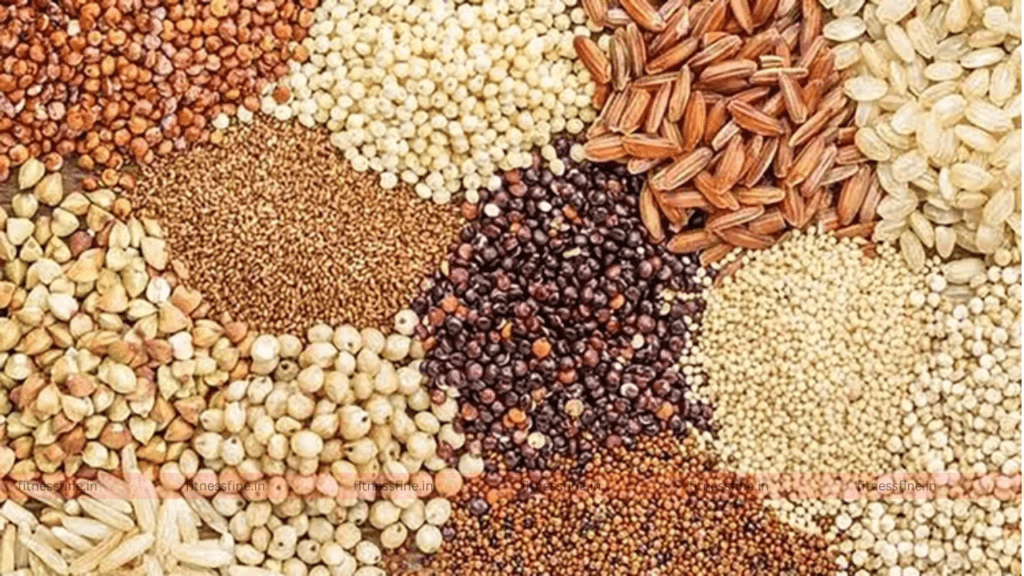
- Protein Content: Brown Rice (5g per cup), Oats (6g per cup)
- Whole grains are a good source of protein and fiber. They are an essential part of the best protein sources for vegetarians due to their versatility and health benefits.
- How to Use: Use them in breakfast bowls, soups, or as a side dish.
- Recipe Idea: Oatmeal with nuts and fruits or Brown Rice Pilaf.
10. Green Peas

- Protein Content: 8g per cup (cooked)
- Green peas are a surprising source of protein and can be added to various dishes. They are a simple yet effective option among the best protein sources for vegetarians.
- How to Use: Add them to pulao, soups, or mashed potatoes.
- Recipe Idea: Matar Paneer or Pea Soup.
How to Calculate Your Protein Needs
The recommended dietary allowance (RDA) for protein is 0.8g per kilogram of body weight. For example, if you weigh 60kg, you need approximately 48g of protein per day. Athletes or those with higher activity levels may need more. By incorporating the best protein sources for vegetarians into your diet, you can easily meet these requirements.
Tips to Incorporate Protein in Your Diet
- Start Your Day with Protein: Have a protein-rich breakfast like Greek yogurt with nuts or a smoothie with chia seeds.
- Snack Smart: Choose high-protein snacks like roasted chickpeas or a handful of almonds.
- Combine Protein Sources: Pair incomplete proteins (like rice and beans) to get all essential amino acids.
- Experiment with Recipes: Try new recipes like quinoa salads, tofu stir-fries, or lentil soups.
Common Myths About Vegetarian Protein
- Myth: Vegetarians can’t get enough protein.
Fact: With proper planning, vegetarians can easily meet their protein needs by including the best protein sources for vegetarians in their diet. - Myth: Plant-based proteins are incomplete.
Fact: Some plant-based proteins like quinoa and soy are complete proteins.
Sample Meal Plan for Vegetarians
Here’s a sample meal plan that includes the best protein sources for vegetarians:
- Breakfast: Greek yogurt with chia seeds and fruits.
- Lunch: Lentil curry with brown rice and a side of salad.
- Snack: A handful of almonds or roasted chickpeas.
- Dinner: Tofu stir-fry with quinoa and steamed vegetables.
FAQs About Vegetarian Protein
1. Can vegetarians build muscle without meat?
Yes, vegetarians can build muscle by consuming the best protein sources for vegetarians like lentils, chickpeas, tofu, and dairy products. Combining these with strength training is key.
2. What are the best protein-rich snacks for vegetarians?
Some great options include roasted chickpeas, nuts, Greek yogurt, and protein bars made from plant-based ingredients.
3. How can I ensure I’m getting all essential amino acids?
Combine complementary proteins like rice and beans or quinoa and vegetables to get all essential amino acids.
4. Is soy a safe protein source for vegetarians?
Yes, soy is a safe and excellent protein source for vegetarians. It’s a complete protein and can be consumed in various forms like tofu, tempeh, and soy milk.
Additional Tips for a High-Protein Vegetarian Diet
- Meal Prep: Plan your meals in advance to ensure you’re getting enough protein throughout the day.
- Read Labels: Check food labels for protein content when buying packaged foods.
- Stay Hydrated: Drinking enough water helps your body utilize protein effectively.
Conclusion
Finding the best protein sources for vegetarians doesn’t have to be difficult. By including a variety of foods like lentils, chickpeas, paneer, tofu, nuts, and seeds in your diet, you can easily meet your protein requirements. Whether you’re a fitness enthusiast or simply looking to maintain a healthy lifestyle, these vegetarian protein sources will help you stay strong and energized.
